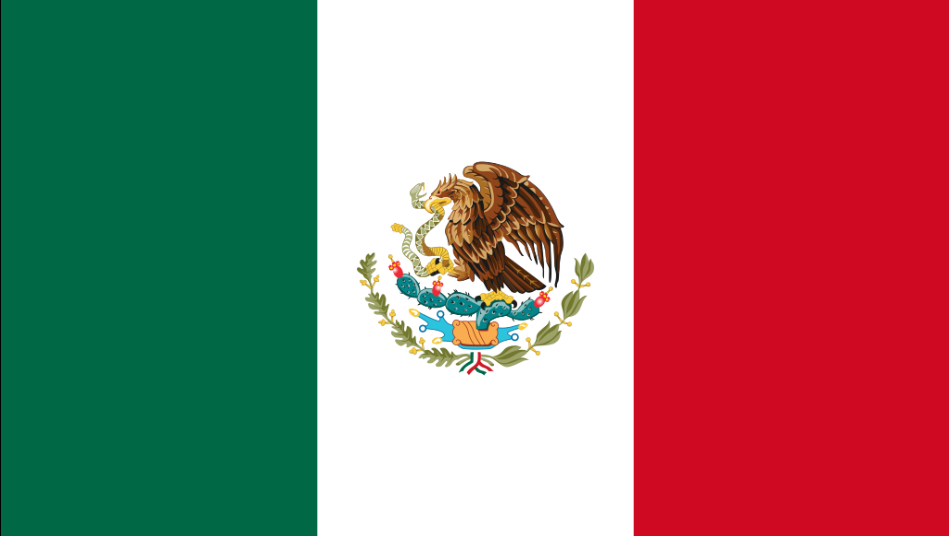|
In Mexico, the training of children's sports has been stopped in time for many years. The vast majority of coaches use methods dominated by repetition, direct command, and decontextualized corrective analytical exercises.
The sports teaching approaches -applied up to now- have been based almost exclusively on the improvement of technical sports skills or on individual factors related to conditional capacities. It would be enough to go to any children's soccer school one afternoon and we will realize that practically all of them play at being "professional soccer clubs" leaving the playful as a final ephemeral reward. No proposal so far contemplated the need to review the development of teaching processes from the perspective of the tactical game principles proposed by the TGFU model. At the end of the 20th century and up to the first decade of the 21st, I remember that the well-known hockey coach, who had become an instructor for children's soccer trainers, Horst Wein, came to Mexico to give courses on his training program called “Funiño”. These courses were taken only by private clubs of the upper-middle class and rarely, low-income trainers had access. The issue that I observed is that the issues were drifting to only part of the problem. The themes were oriented more towards the need to adapt the competition formats to the needs and possibilities of the children and not so much to know the whole of a different pedagogical model. Something that for some strange reason was not mentioned in these trainings is that the German proposal was a derivative of the TGFU model and to go deeper, you could review the works that were on the Internet about this pedagogical model. In other words, some Mexican coaches knew about "Funiño" but were not curious enough to look for the theoretical - pedagogical reference framework of the proposal and perhaps for this reason, they did not know that it was a legacy of the TGFU model. Given that on this side of the planet there is little research that deals with how child practitioners interpret tactical game concepts and how they apply them in their pre-sports and sports teaching processes, I gave myself the task of carrying out my doctoral thesis whose objective was to in proposing another possible way to create authentically meaningful experiences for children who practice soccer, where not only motor skills, but also social and cognitive skills are simultaneously stimulated. A concept-based training approach. The research consisted of exploring the pedagogical possibilities that can be obtained from tactical thinking when using it in youth soccer, accompanying several children's soccer coaches from different parts of the country in their practices, analyzing their training processes with the perspective and contributions of the Investigation action. This activity resulted in hundreds of coaches from Mexico and other Latin American countries interested in the approach and contacting me to be trained through workshops on comprehensive model, tactical thinking, game principles and development of conceptual skills. Parallel to the doctoral research, I published three books on concept-based soccer coaching and, in addition, I have a Facebook page where I have almost 60,000 followers from various parts of the world dedicated mainly to the promotion of TGFU and pedagogical fundamentals. of children's sport. To date I can say that those Mexican coaches trained first in TGFU and then in the concept approach: • Their economic and employment conditions have improved, thanks to their peculiar and organized way of training. • They have discovered alternative training processes, based on recent research and their experiences in context. • They have seen the need to inquire more about the importance of the use of tactical concepts while their students play, learn and live together. • They have reflected on their own didactic practice and each one has designed their own methodology based on the TGFU. • They have recognized the perception that parents, managers and fellow coaches have about the use of counter-cultural methodological proposals and have had to prepare with greater tenacity. Unfortunately they are not the amount, what we want, but it has been established as a countercultural guild that contributes, from its social and geographical context, a lot to Mexican children's sports. Finally, although there does not seem to be a consensus in Mexico regarding what could be the most appropriate teaching method for teaching the most popular sport, -despite the constant academic reports in different formal and informal spaces that come from other countries- , then the training by concepts derived from the TGFU could be a different and invaluable proposal that could well be implemented massively in Mexico. So many of us want it. |
MexicoIAB MemberNational OrganisationsTGfU EventsJournals |






